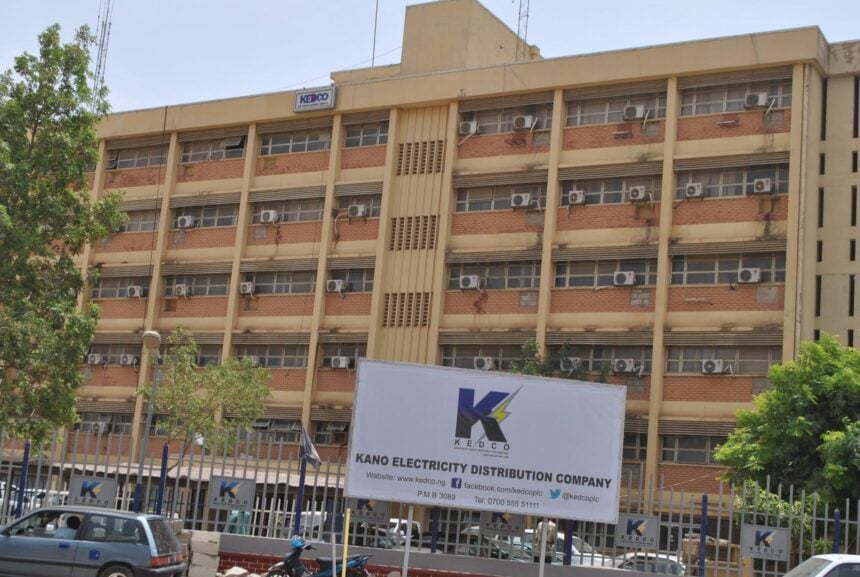Residents of Abuja have expressed their frustration and disappointment with the recent hike in transport fares by commercial motorists operating within the city. The increase comes in the wake of the recent rise in fuel prices across the country, with prices now at an all-time high of N165 per litre.
Several commuters who spoke to our correspondent have expressed their displeasure at the situation, with many lamenting the impact it has had on their daily expenses. Speaking with one commuter, Ibrahim Yusuf, he expressed how challenging it had become for him to afford transportation to and from work due to the significant increase in fares.
Another resident, Blessing Adeleke, shared similar sentiments. She narrated how she had been forced to start walking to her workplace in a bid to cut down on her expenses. “I have no choice but to walk to work now because I can’t afford to pay the new transport fares,” she said.
The National Union of Road Transport Workers (NURTW), however, has defended the increase in fares. According to the NURTW Abuja Secretary, Musa Ibrahim, the hike in fares was necessary due to the recent increase in the cost of fuel. He claimed that the union had been appealing to the government to find a solution to the issue of fuel prices and the transportation sector.
Many residents, however, believe that the government needs to take immediate action to regulate the fares and prevent the exploitation of commuters. Adebayo Johnson, a civil servant, noted that the increase in transport fare had further worsened the challenges faced by workers, particularly in the wake of the economic downturn and COVID-19 pandemic.
The situation has also raised concerns about the impact on mental health, especially for individuals who are struggling financially. The World Health Organisation (WHO) has warned of a potential increase in suicide rates in countries where the economic and social impacts of the pandemic have been severe. With the rise in transportation costs, it is feared that more people may struggle to afford basic necessities, leading to increased stress and anxiety.
It is now left to the government to take swift action to address the concerns of Abuja residents and prevent the exploitation of commuters. Failure to do so could have dire consequences for both the mental and economic wellbeing of individuals within the city.



